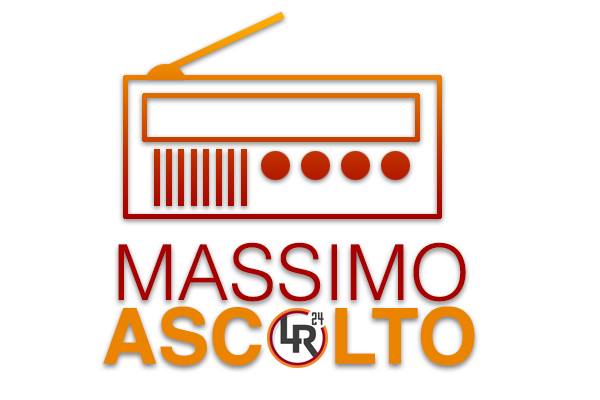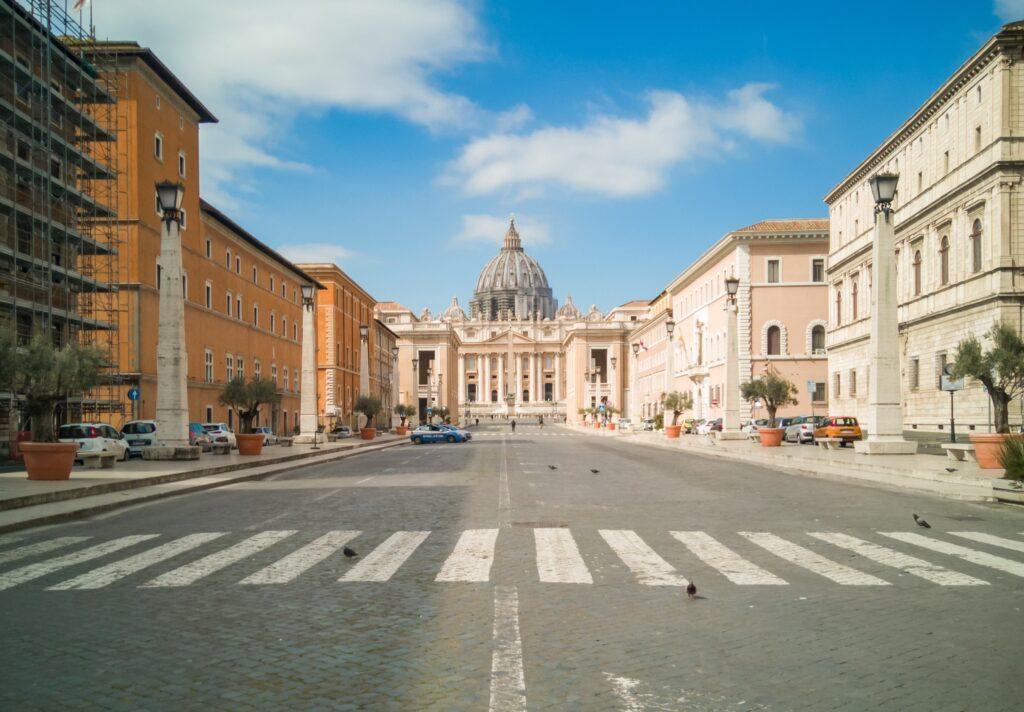In Rome, a conference on Italy’s commitment to combating corruption
On the occasion of the “International Day against Corruption” which is celebrated on 9 December each year to raise public awareness of the consequences of a phenomenon that affects all countries, a meeting was held in Rome, in the international conference hall of the Farnesina, the meeting “Legal diplomacy at the service of international peace and security: Italy’s commitment to combating corruption”, organized by the Ministry of Foreign Affairs and International Cooperation, in collaboration with the Ministries of the Interior and Justice .
 The conference, which inaugurated the “Global days” of the Farnesina, a series of initiatives focused on topics of international interest to share knowledge and best practices, was held in the presence of the Vice President of the Council of Ministers and Minister of Foreign Affairs and Cooperation international, Antonio Tajani, the Minister of the Interior, Matteo Piantedosi, and the Minister of Justice, Carlo Nordio. Also present was the Chief of Police Lamberto Giannini.
The conference, which inaugurated the “Global days” of the Farnesina, a series of initiatives focused on topics of international interest to share knowledge and best practices, was held in the presence of the Vice President of the Council of Ministers and Minister of Foreign Affairs and Cooperation international, Antonio Tajani, the Minister of the Interior, Matteo Piantedosi, and the Minister of Justice, Carlo Nordio. Also present was the Chief of Police Lamberto Giannini.
 The event, introduced by the secretary general of the Farnesina Ettore Francesco Sequi, and moderated by the journalist Bruno Vespa, was attended by the diplomatic corps accredited in Italy and the representatives of the main national and international institutions involved in the fight against corruption, the business world and civil society .
The event, introduced by the secretary general of the Farnesina Ettore Francesco Sequi, and moderated by the journalist Bruno Vespa, was attended by the diplomatic corps accredited in Italy and the representatives of the main national and international institutions involved in the fight against corruption, the business world and civil society .
In his speech, Interior Minister Piantedosi focused on the intimate intertwining between corruption and organized crime: “The classic scheme that revolves around the themes of major organized crime sees the need for large criminal organizations to have mechanisms reuse and recycling of the huge revenues. It is clear that money laundering is sustained if there is the possibility of corruption both in public institutional ambitions and in private subjects. Organized crime has therefore replaced intimidation and violence with corruption”.
 In the debate on the theme “The Italian model for fighting corruption: challenges and results”, the Chief of Police took the floor, placing his attention on hidden crimes, at the same time highlighting the need for international collaboration. “It does not escape us that there is a gap between the data on crimes and what actually happens – said the Prefect – The data on corruption will appear reassuring, however, it is necessary to bring out the undeclared: this can be achieved by intercepting a series of crimes spy, going to monitor sudden enrichments and asset growth; pay greater attention to public tenders and tenders. International collaboration is important, because the more there is international awareness of how important these phenomena are, the more it will be possible to address them on a global level”.
In the debate on the theme “The Italian model for fighting corruption: challenges and results”, the Chief of Police took the floor, placing his attention on hidden crimes, at the same time highlighting the need for international collaboration. “It does not escape us that there is a gap between the data on crimes and what actually happens – said the Prefect – The data on corruption will appear reassuring, however, it is necessary to bring out the undeclared: this can be achieved by intercepting a series of crimes spy, going to monitor sudden enrichments and asset growth; pay greater attention to public tenders and tenders. International collaboration is important, because the more there is international awareness of how important these phenomena are, the more it will be possible to address them on a global level”.




